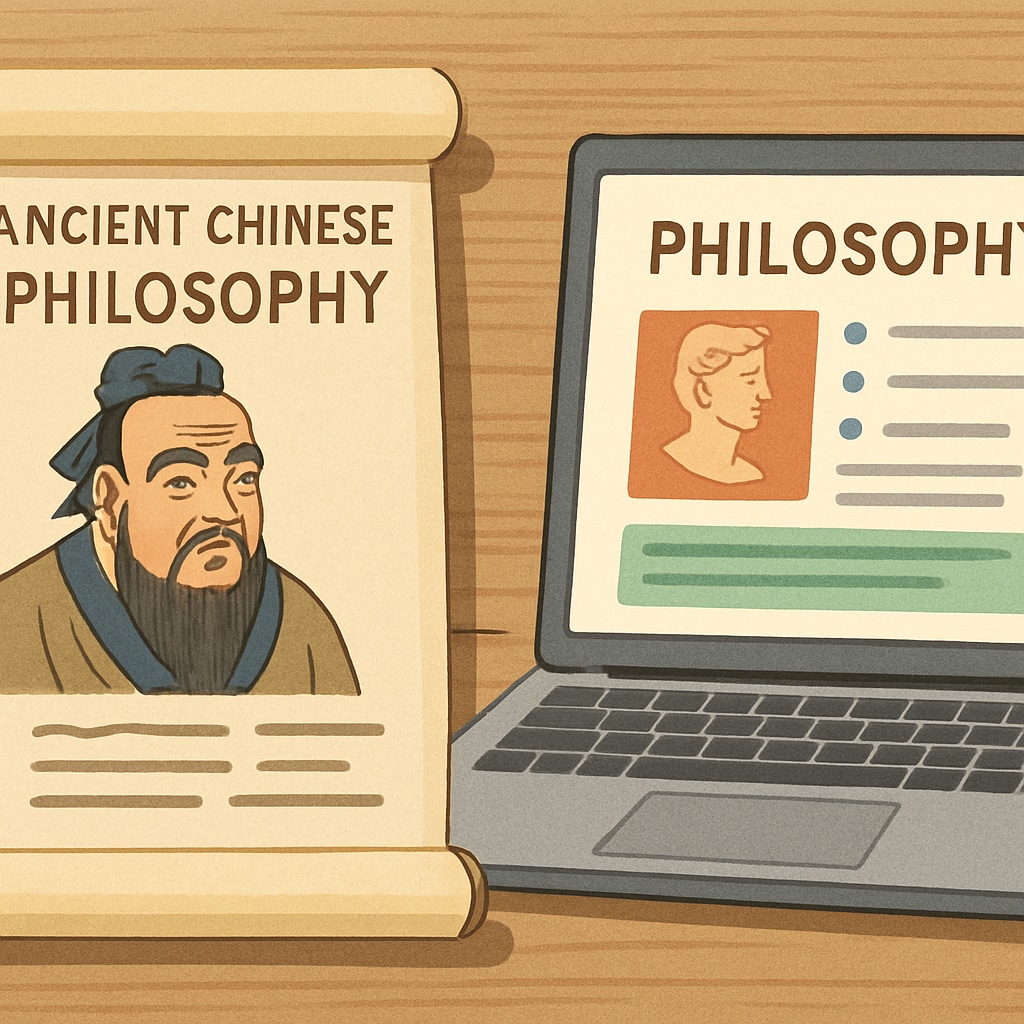Lifelong learning, ancient philosophy, and career growth are deeply interconnected concepts that shape successful individuals. In today’s rapidly changing workplace, the ability to continuously acquire knowledge and adapt becomes crucial. This article examines four fundamental pillars of lifelong learning rooted in both Eastern wisdom and modern educational research, demonstrating their practical application for K12 students’ future professional lives.
The Four Timeless Pillars of Continuous Growth
Ancient Chinese philosophers like Confucius and Lao Tzu emphasized principles remarkably similar to modern lifelong learning concepts. These enduring pillars include:
- Learning from others: The collective wisdom approach
- Surpassing predecessors: Standing on the shoulders of giants
- Cultivating humility: The empty cup mentality
- Self-directed learning: Taking ownership of knowledge acquisition

Ancient Wisdom for Modern Workplace Success
Research from lifelong learning studies shows these principles directly translate to career advantages. For example, employees who actively learn from colleagues demonstrate 34% faster promotion rates according to LinkedIn’s Workplace Learning Report.
The Confucian concept of “xue” (learning) emphasized continuous improvement through:
- Observation and imitation of masters
- Critical reflection on existing knowledge
- Practical application of lessons

Implementing the Pillars in K12 Education
Educators can foster these qualities through simple classroom practices:
- Peer-teaching activities that value collective knowledge
- Project-based learning encouraging innovation beyond textbook examples
- Reflection journals to develop self-awareness and humility
- Personalized learning plans promoting self-direction
As noted in educational philosophy, these methods create resilient learners prepared for the unpredictable demands of future careers.
Practical application tip: Combine traditional mentorship models with digital learning platforms to honor ancient wisdom while leveraging modern tools.
By integrating these time-tested principles early, we equip students with the mindset and skills to navigate the evolving workplace landscape successfully.


